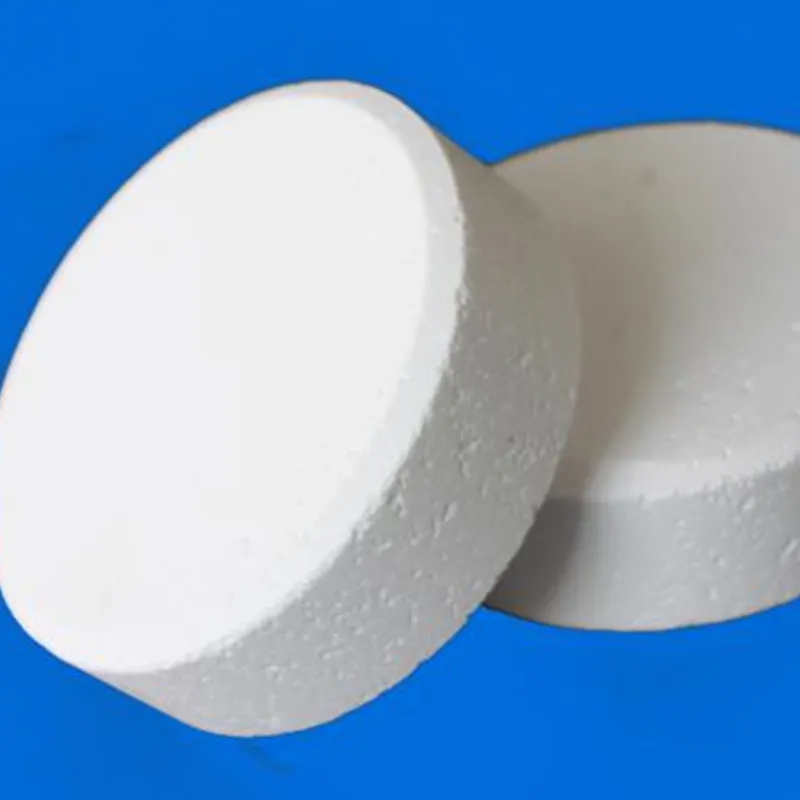
preservative 211
Understanding Preservative E211 A Comprehensive Overview
Preservatives play a vital role in the food industry, ensuring the safety, longevity, and quality of food products. Among the many preservatives used, Sodium Benzoate, commonly known as E211, is one of the most widely recognized. This article will delve into the composition, function, applications, safety concerns, and regulatory aspects of E211.
What is E211?
E211 is the E number assigned to Sodium Benzoate, a sodium salt of benzoic acid. It is derived from benzoic acid, a naturally occurring substance found in various fruits such as cranberries, prunes, and apples. Sodium Benzoate appears as a white, crystalline powder and is highly soluble in water. It is often used as a food preservative, especially in acidic foods and beverages, due to its effectiveness in inhibiting the growth of certain microbes.
Function and Mechanism
The primary function of E211 is to act as a preservative. Its effectiveness is most pronounced in acidic environments (pH below 7), which is common in many food products like fruit juices, carbonated drinks, pickles, and salad dressings. Sodium Benzoate works by penetrating the cellular walls of bacteria, yeast, and mold, disrupting their metabolic processes, and ultimately inhibiting their growth and reproduction. This action helps in extending the shelf life of products while maintaining their flavor and quality.
Applications in Food Products
Sodium Benzoate is commonly found in a wide variety of food items. These include
1. Beverages Soft drinks, fruit juices, and flavored water often contain E211 to prevent microbial growth, especially in products with a low pH. 2. Condiments Ketchup, salad dressings, and sauces frequently use Sodium Benzoate to maintain freshness and prevent spoilage.
preservative 211

3. Processed Foods Many canned and jarred products, such as pickles and relishes, utilize this preservative to enhance longevity.
4. Dairy Products Certain cheeses and dairy dips may also contain E211 to extend their shelf life.
Safety Concerns
While E211 is considered safe for consumption by regulatory authorities when used within the prescribed limits, there have been health concerns associated with its use. Some studies suggest a potential link between high levels of Sodium Benzoate and health issues, including allergic reactions, hyperactivity in children, and its ability to form benzene, a known carcinogen, when exposed to high temperatures or in the presence of ascorbic acid (Vitamin C). Consequently, these concerns have spawned ongoing research and debate surrounding its safety.
Regulatory Status
Sodium Benzoate is recognized as safe by several food safety authorities, including the U.S. Food and Drug Administration (FDA) and the European Food Safety Authority (EFSA). These organizations establish acceptable daily intake levels, which ensure that the amount of E211 in food products remains within safe limits. In the European Union, the use of E211 is regulated under specific conditions, including maximum allowable concentrations and labeling requirements.
Conclusion
E211, or Sodium Benzoate, is a widely used preservative that plays a crucial role in maintaining the safety and quality of food products. While it has been deemed safe by food safety authorities, ongoing debates about its long-term effects and potential health risks keep the topic relevant. As consumers become increasingly aware of food additives, the demand for transparency and safer alternatives continues to rise. Therefore, understanding preservatives like E211 is essential not just for food manufacturers but also for informed consumers making decisions about their dietary choices. The balance between food preservation and health safety will remain a significant discussion in the realm of food science and public health.
-
Aluminum Hydroxide: Quality Gels & Dried Gel AntacidNewsAug.31,2025
-
Buy High-Quality Trichloroisocyanuric Acid for Sale | TCCA 90% SupplierNewsAug.30,2025
-
Pure Sodium Dichloroisocyanurate Dihydrate | Powerful DisinfectantNewsAug.29,2025
-
Industrial Chemicals: Quality & Purity for Every IndustryNewsAug.28,2025
-
Nitrile Rubber Honoring Strict Production StandardsNewsAug.22,2025
-
Aspartame Ingredients Honoring Food Safety ValuesNewsAug.22,2025
-
Fertilizer for Balanced Plant NutritionNewsAug.22,2025
Hebei Tenger Chemical Technology Co., Ltd. focuses on the chemical industry and is committed to the export service of chemical raw materials.
-

view more DiethanolisopropanolamineIn the ever-growing field of chemical solutions, diethanolisopropanolamine (DEIPA) stands out as a versatile and important compound. Due to its unique chemical structure and properties, DEIPA is of interest to various industries including construction, personal care, and agriculture. -

view more TriisopropanolamineTriisopropanolamine (TIPA) alkanol amine substance, is a kind of alcohol amine compound with amino and alcohol hydroxyl, and because of its molecules contains both amino and hydroxyl. -

view more Tetramethyl Thiuram DisulfideTetramethyl thiuram disulfide, also known as TMTD, is a white to light-yellow powder with a distinct sulfur-like odor. It is soluble in organic solvents such as benzene, acetone, and ethyl acetate, making it highly versatile for use in different formulations. TMTD is known for its excellent vulcanization acceleration properties, which makes it a key ingredient in the production of rubber products. Additionally, it acts as an effective fungicide and bactericide, making it valuable in agricultural applications. Its high purity and stability ensure consistent performance, making it a preferred choice for manufacturers across various industries.





